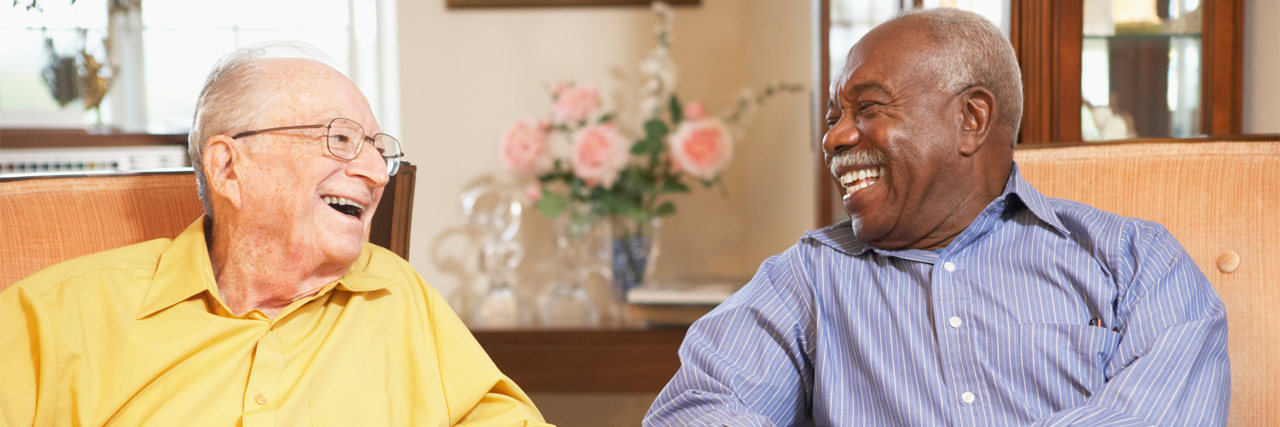
Respiratory Syncytial Virus (RSV) Vaccine & Older Adults: What You Need to Know
RSV causes only mild upper respiratory infections for most people, but in young children and older adults it can lead to severe disease. The Centers for Disease Control and Prevention (CDC) estimates that, in the United States, RSV annually causes between 6,000 and 10,000 deaths in adults older than 65. According to the CDC, the average age of hospitalization due to RSV for American Indians and Alaskan Natives is 56, versus 73 for White individuals.
The Advisory Committee on Immunization Practices (ACIP) and the American Academy of Family Physicians (AAFP) recommends adults 75 and older receive a single dose of RSV vaccine. Additionally, adults 60-74 at an increased risk of severe RSV disease should be vaccinated.
Adults at highest risk for severe RSV disease include:
- Older adults, especially those 75 and older
- Adults with chronic heart disease, such as congestive heart failure and coronary artery disease
- Adults with chronic lung diseases, such as COPD and asthma
- Adults who are immunocompromised
- Adults with hematologic disorders
- Adults with neurologic disorders
- Adults with endocrine disorders, such as diabetes
- Adults with kidney and liver disorders
- Residents of nursing homes and other long-term care facilities
- American Indian or Alaskan Native individuals
There are three vaccines (Arexvy, Abrysvo, and mResvia) available in the United States that protect against RSV. Arexvy and Abrysvo vaccines performed well in clinical trials at greater than 80% efficacy against lower respiratory tract illness through one RSV season. In clinical trials, the efficacy of mResvia against symptomatic RSV was approximately 80% during the first four months following vaccination and approximately 56% during the first 12 months after vaccination. Real world effectiveness data may differ from the clinical trial data.
Side effects, such as pain, redness, and swelling at the injection site, fatigue, fever, headache, and joint or muscle pain can occur after RSV vaccination.
Three cases of Guillain-Barré Syndrome (GBS) were identified during the clinical trials of the Arexvy and Abrysvo vaccines. GBS is a rare neurologic disorder that causes muscle weakness and sometimes paralysis. GBS is most often caused by infections but can also rarely occur after certain vaccines. After approval, the risk of GBS continued to be studied. After reviewing the available data, both FDA and ACIP conclude that the data support the existence of an increased risk of GBS after RSV vaccination. FDA, ACIP and CDC continue to conclude that the benefits of RSV vaccination, in terms of preventable hospitalizations and deaths, outweigh the potential risk for GBS, among adults ages 75 years and older and among adults ages 60-74 years at increased risk of severe RSV disease. RSV vaccines will continue to be monitored for safety even after they are available widely on the commercial market. Patients should discuss the benefits and risks of vaccination against the risks of severe RSV illness with a trusted health care provider.
RSV vaccine may be given at the same time as other vaccines. Administering RSV vaccine at the same time as other vaccines may lead to increased side effects. Talk to your health care provider about what is best for your health care needs.
RSV vaccine will be covered by private insurance companies and under Medicare Part D. Covered individuals should have no out-of-pocket costs for this vaccine. In the future, uninsured individuals may qualify for Patient Assistance Programs through the vaccine manufacturers.
RSV vaccines are offered in many pharmacies, clinics and local health departments. To avoid billing issues, it is usually best to make sure that your health care provider or pharmacy administering the vaccine is able to bill your Medicare Part D plan.
While data showed that one dose of RSV vaccine could provide protection against severe RSV for at least two RSV seasons, no determination has been made to determine if additional vaccines may be needed in the future. Additional clinical trials are in process to determine if booster doses are necessary.
